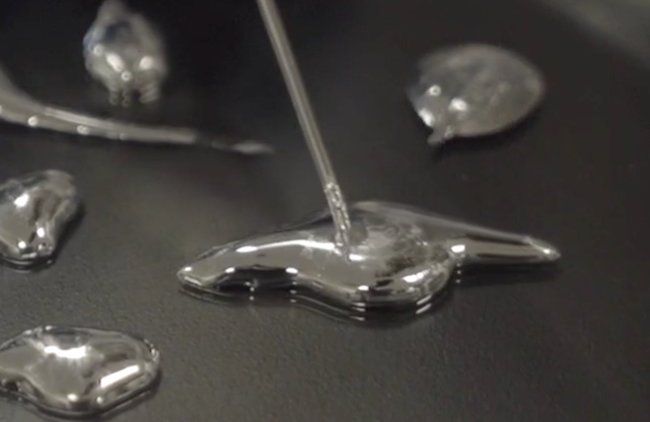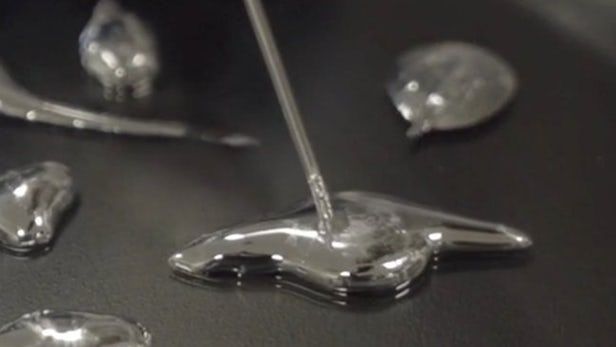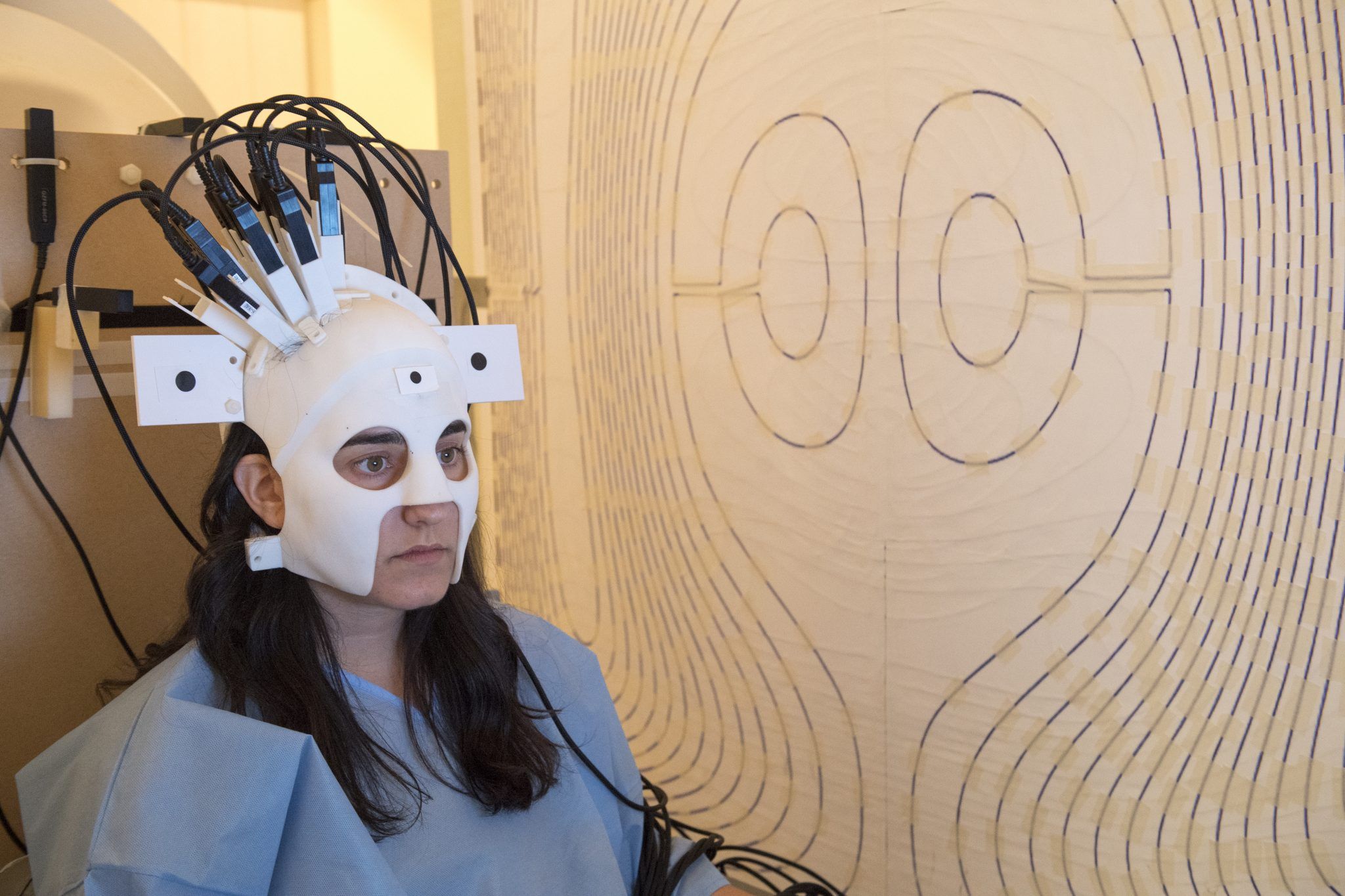
Transistors, those tiny electrical switches that process signals and data, are the brain power behind every electronic device – from laptops and smartphones to your digital thermostat. As they continue to shrink in size, computers have become smaller, more powerful, and more pervasive. However, as we look to build squishy, human-friendly machines that have the look and feel of soft natural organisms, we need to look beyond the rigid materials used to create electrical switches and circuits.
Mechanical engineers Carmel Majidi and James Wissman of the Soft Machines Lab at Carnegie Mellon University have been looking at new ways to create electronics that are not just digitally functional but also soft and deformable. Rather than making circuits from rigid metals like copper or silver, they use a special metal alloy that is liquid at room temperature. This alloy, made by mixing indium and gallium, is a non-toxic alternative to mercury and can be infused in rubber to make circuits that are as soft and elastic as natural skin.
Teaming up with Michael Dickey at North Carolina State University, they recently discovered that liquid metal electronics are not only useful for stretchable circuit wiring but can also be used to make electrical switches. These fluidic transistors work by opening and closing the connection between two liquid metal droplets. When a voltage drop is applied in one direction, the droplets move towards each other and coalesce to form a metallic bridge for conducting electricity. When voltage is applied in a different direction, the droplets spontaneously break apart and turn the switch to open. By quickly alternating between an open and closed and open switch state with only a small amount of voltage, the researchers were able to mimic the properties of a conventional transistor.
Read more









